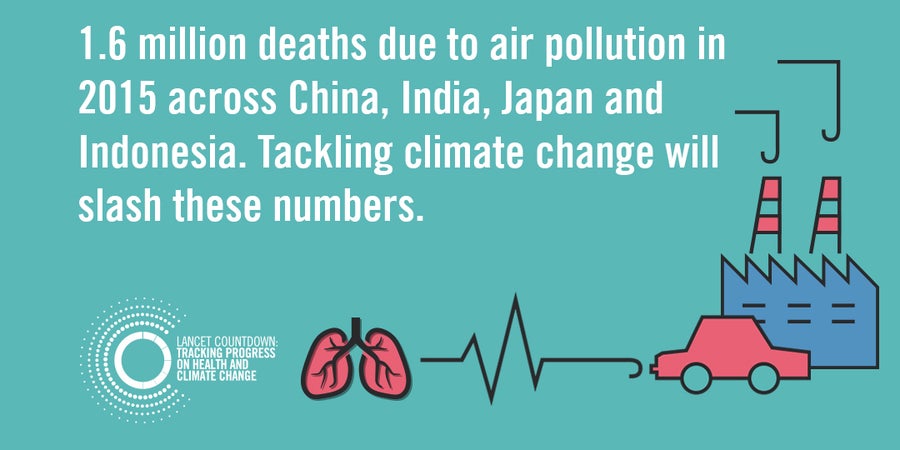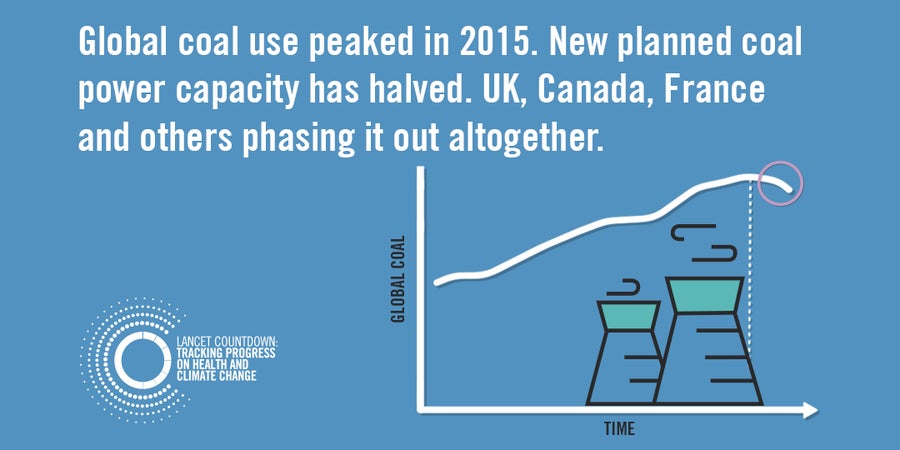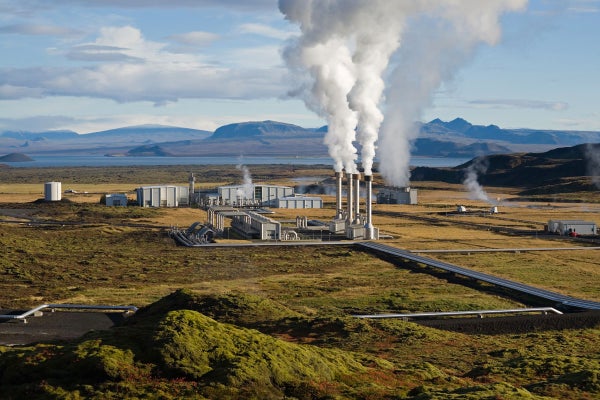This article was published in Scientific American’s former blog network and reflects the views of the author, not necessarily those of Scientific American
Although climate change might seem like a far-off problem, it is already affecting our health. According to a new report in The Lancet medical journal launched today, progress has been made to reduce global greenhouse emissions. But, more action is needed to prevent this global health threat.
As the largest source of human-produced greenhouse gases, the energy sector is at the forefront of efforts to curb emissions. Energy is also the main source of other types of air pollution that lead to millions of premature deaths around the world each year. Tackling either of these challenges could help in tackling the other, a concept often referred to as “co-benefits”.

On supporting science journalism
If you're enjoying this article, consider supporting our award-winning journalism by subscribing. By purchasing a subscription you are helping to ensure the future of impactful stories about the discoveries and ideas shaping our world today.
Significant strides have been made to curb emissions from the energy sector. According to The Lancet’s new report, more renewable pow is capacity was added in 2016 than fossil-fuel (mostly coal and natural gas) capacity. Coal use peaked in 2013 and new coal power plants seem poised for a sharp decline. In transport, electric vehicles are poised to reach cost parity with their conventional counterparts as soon as next year.

But, despite these actions, carbon dioxide emissions from the energy sector have continued to rise since the UNFCCC commenced its work in 1992. From a carbon intensity standpoint, the global energy supply has remained pretty stable since 1990. In India, carbon intensity has actually doubled since 1990.
In turn, according to the report’s authors, more action is needed - and soon - in order to prevent significant negative impacts on public health and livelihoods around the globe.
To read more, one can register for an account with The Lancet and download the new report (all free of charge).
One can also listen to this interview with the ABC in Australia.
**the author of this post was also a co-author of The Lancet article.
